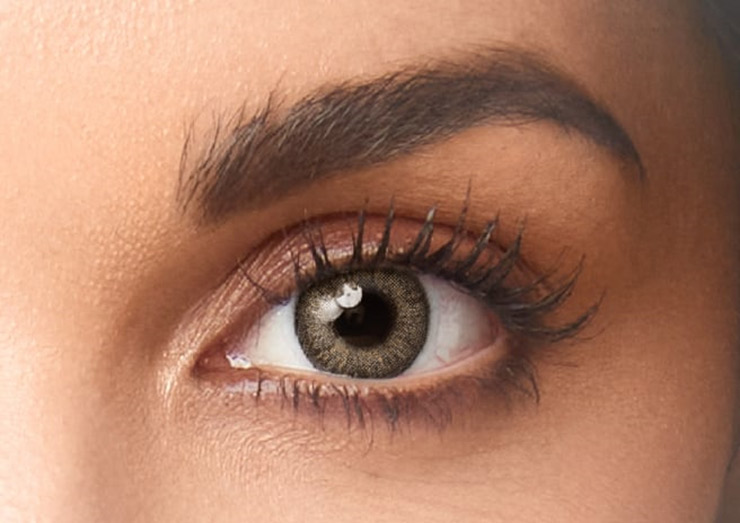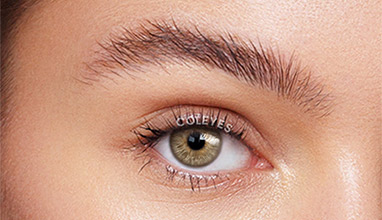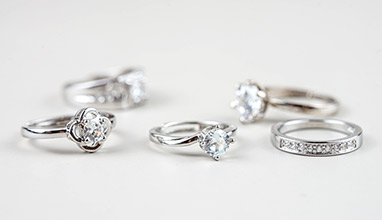Top 6 Factors to Consider When Buying Contact Lenses
Several people have suffered vision problems, and having tried various ways to control them, it has been challenging. Contact methods have been used to reduce this with convenience and ease for those who prefer not to wear eyeglasses. Choosing the right contact lenses considers several factors. From prescription requirements to comfort, cost, eye health, sensitivity, material, lens type, and even color, each aspect plays a crucial role in ensuring a satisfactory experience.

Prescription
It's essential to seek a medically valid prescription from a qualified eye care professional before buying a contact lens. As they directly interact with your eye, it is appropriate to buy prescribed lenses. An optometrist does several comprehensive examinations to determine the visual needs and eye health before giving a prescription.
The prescription given is tied to your eye after examination and determines the kind of lens to purchase. For example, some prescription colored contacts lenses are meant for specific conditions like presbyopia.
Eye Health and Sensitivity
When purchasing a contact lens, it's better to consider the sensitivity and allergies that one might be having—for example, dryness or irritation, which can affect eye comfort. The eye care professional can prescribe a non-sensitive lens. Remember, proper lens care and maintenance are crucial for individuals with eye sensitivities.
Having the recommended cleaning and disinfection routine prescribed by an eye care professional can help minimize the risk of irritation or allergic reactions. It’s also recommended to have specific lens care products that are compatible with your eyes and reduce the likelihood of adverse reactions.
Cost and Insurance Coverage
The cost of contact lenses can vary depending on factors like the brand and lens. It’s essential to consider budget and affordability when selecting contact lenses. On the other hand, insurance coverage can help offset the costs associated with contact lenses.
Vision insurance plans often provide added advantages for contact lenses for a portion of the lens cost and discounts on contact lenses. It's essential to review the insurance policy of the insurance provider to understand the specific coverage details for contact lenses.
Lens Type and Color:
Different types of lenses are used to address different vision conditions and preferences. Like soft lenses are generally more flexible and provide initial comfort, while rigid gas permeable (RGP) lenses offer sharper vision and durability.
The type of lens is determined based on eye care prescription and specific vision defects such as astigmatism and presbyopia. It's essential to follow the recommendations of the eye care professional prescription to ensure the correct lens type is purchased.
Color of contact lenses is an option to consider, basically if one is interested in changing and enhancing their eye color. Lenses come in different forms and can be fully prescribed or purely cosmetic. It’s crucial to remember that even if no vision correction is required, an eye care prescription is guaranteed for proper fitting and maintaining the good health of your eyes.
Material
The substance utilized during the manufacture of contact lenses is accountable for performance and comfort since they possess different levels of oxygen permeability, moisture retention, and durability.
Specific lenses are crafted from a pliable and water-containing substance that enables oxygen to reach the cornea. They are more comfortable upon insertion and are suitable for various prescriptions.
During the fitting of some eye contacts like the prescription colored contacts, your eye care professional will consider factors such as your prescription, eye health, and lifestyle to determine the most appropriate lens material for you.
Buying contact lenses requires careful consideration to ensure optimal vision correction, comfort, and eye health. Remembering prescription requirements, comfort and fit, cost, eye health and sensitivity, material, and lens type, and even color preferences, informed decisions can be made to enjoy a positive contact lens-wearing experience. Consult your eye care professional for personalized recommendations and guidance throughout the process.
Hits: 4989 | Leave a comment
Tags:contact lenses, eyes


















